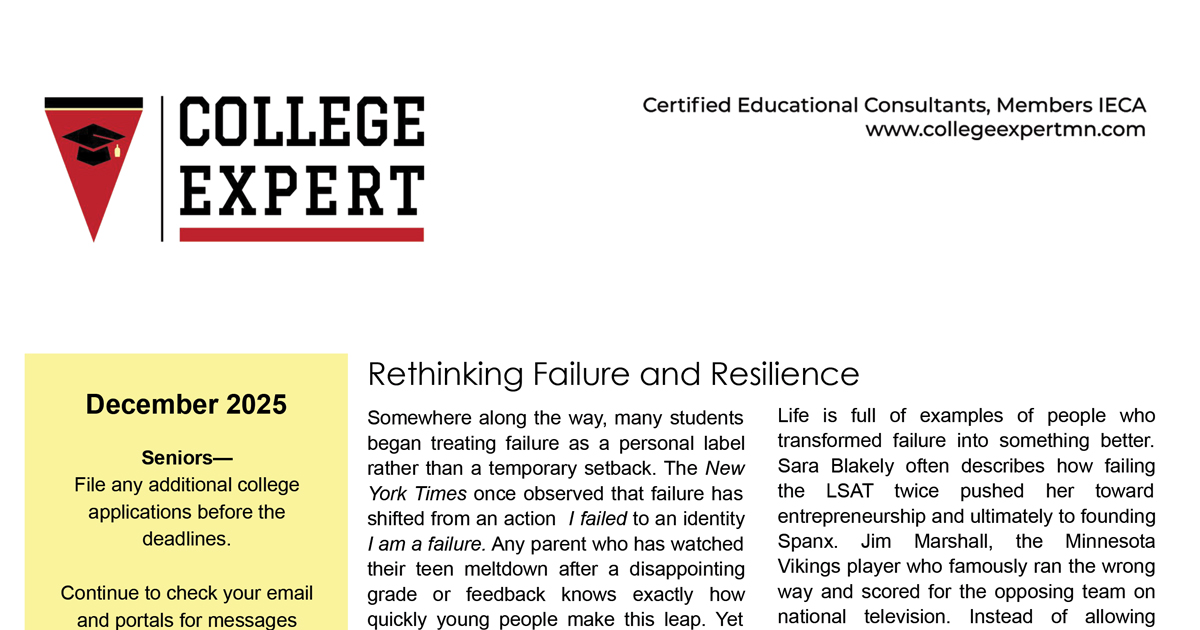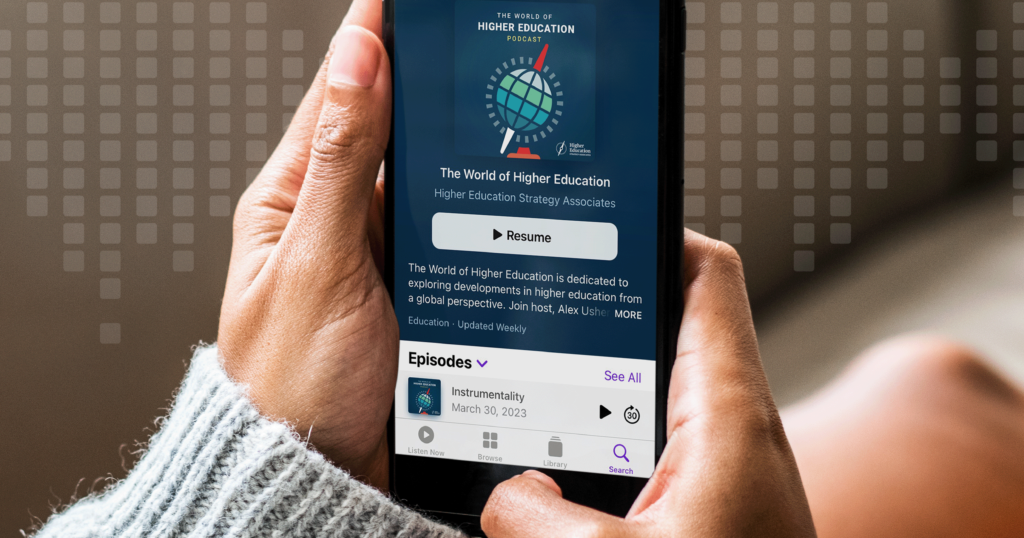The last month of 2025 brought more campus job cuts, capping off a tumultuous year for higher education.
While December yielded roughly 300 reported job cuts across the sector, that total reflects only a fraction of the jobs lost in higher education in 2025. Inside Higher Ed tracked more than 9,000 job cuts and buyouts last year—which is undoubtedly an undercount due to unreported personnel actions.
Rising operating costs and an uncertain federal policy environment drove cuts at even the wealthiest institutions last year as universities with multibillion-dollar endowments shed hundreds of jobs after President Donald Trump restricted federal research funds, sought to limit international student enrollment and clashed with multiple universities over alleged civil rights infractions. While many of December’s job cuts were not attributable to Trump, others seemed directly connected, including the loss of hundreds of international students at DePaul University, which undercut tuition revenues, prompting layoffs.
Here’s a look at layoffs, buyouts and program cuts announced in December.
DePaul University
The private Catholic university in Chicago cut 114 staff jobs last month, officials announced.
“These decisions were extraordinarily difficult and leaders across the university did not make them lightly. Each person affected contributed to the life of this university in meaningful ways,” officials wrote in a Dec. 15 message announcing the layoffs and assistance for employees, which included severance packages based on years of service, career counseling and more.
Staffing reductions at DePaul are part of a broader effort to reduce spending by $27.4 million as the university grapples with a budget deficit and aims to achieve a 2.5 percent operating margin. DePaul has also been hit with a staggering loss of international students amid the Trump administration’s crackdown on immigration, which has made it harder for some foreign nationals to obtain visas and deterred others. International enrollment at DePaul plunged by 755 students compared to the previous fall, a decline of nearly 62 percent, officials said in September.
University of Nebraska–Lincoln
Regents voted last month to close four programs at the flagship campus following months of consternation over the plan, which will see dozens of faculty positions eliminated.
Programs approved for closure are statistics, earth and atmospheric sciences, educational administration and textiles, merchandising and fashion design. The plan includes cutting 51 jobs, mostly from the faculty ranks, The Nebraska Examiner reported.
Program closures and job cuts are expected to save the university almost $7 million.
The December vote ended a bitter fight over the program cuts that prompted a faculty no-confidence vote in Chancellor Rodney Bennett. Faculty members have questioned the evaluation process and the timeline for the cuts; they also conducted their own financial assessment, which pushed back on the need for instructional cuts amid growing administrative expenses.
Bennett, who championed the program cuts, announced Monday that he plans to resign by Jan. 12. His sudden resignation ends an almost three-year stint as head of the flagship.
Martin University
Indiana’s only predominantly Black institution terminated all employees last month, a sign that points to an almost certain closure, though the Board of Trustees has not yet made it official. The move came shortly after the private university announced it would “pause” operations.
While the number of jobs lost is unclear, Martin—where enrollment has hovered around 200 students in recent years—employed 42 staff and faculty members in fall 2023, according to federal data.
Interim president Felicia Brokaw reportedly told employees the university was laying them off because it could not afford to pay them, according to an audio recording obtained by Mirror Indy. Brokaw also told staff she did not know when they would be paid for work already performed.
Martin officials have encouraged students to transfer elsewhere.
Western Wyoming Community College
Citing a need to balance its budget and avoid dipping into reserves, the community college in Rock Springs axed 33 jobs and reorganized 30 others, The Rocket Miner reported.
Last month’s cuts included eight full-time faculty jobs.
The newspaper reported that more layoffs could be on the horizon depending on what happens in the coming legislative session. State lawmakers are reportedly weighing a plan to cut property taxes by 25 percent (following a similar move last year), which would have a major effect on WWCC, given that its budget heavily relies on state appropriations and local property taxes.
University of Kansas
Nearly three dozen faculty members have opted to take buyouts offered by the public research university.
In all, 34 tenured faculty members applied to participate in an early-retirement incentive program at KU, The Lawrence Journal-World reported. University officials announced the launch of the early-retirement program in October, citing budget challenges. KU is currently seeking $32 million in cost reductions by July 1, when the next fiscal year begins.
Christian Brothers University
The private Catholic university in Memphis, Tenn., is cutting 16 faculty jobs, a move Interim President Chris Englert said was “designed to balance our operating budget and position CBU for transformation as we work to meet the needs of today’s students and today’s workforce.”
Englert announced the layoffs in a message to the campus community last month.
University of Oklahoma
The Oklahoma Board of Regents for Higher Education voted to eliminate 41 degree programs and suspend 21 others across the state system due to underenrollment, NPR affiliate KOSU reported.
The flagship was hit the hardest, with 14 programs eliminated. No other state institution had more than three degree programs cut. Of the 14 at OU, eight were at the undergraduate level and six were graduate degrees. Cuts at OU include a mix of language programs—such as Arabic, Chinese, French and German—alongside geography, plant biology and others.
New Jersey City University
As part of a planned merger with nearby Kean University, the public institution is shedding nine degree programs alongside multiple minors and certifications, The Jersey City Times reported.
Undergraduate programs to be discontinued at NJCU are business information systems, chemistry, philosophy, women’s and gender studies, and a music performance degree. Graduate programs on the chopping block are business information systems, criminal justice, educational psychology and a music performance degree. An internal memo obtained by the newspaper noted that many programs have similar offerings at Kean that will continue unabated.
College of Idaho
The liberal arts college in Caldwell is cutting three majors but adding six new programs, a change that will see 10 employees laid off, including five professors, Idaho Ed News reported.
College officials said the eliminated majors—theater, communication arts and philosophy—were all underenrolled. New programs to be added are biochemistry, finance and criminology, at the undergraduate level, plus master’s degrees in data analytics, exercise science and accountancy.
Boston University
Facing a $30 million budget gap driven by low graduate enrollment numbers and other factors, the private university is offering buyouts to eligible faculty members, The Boston Globe reported.
Buyouts mark the latest effort by the research university to constrain costs. In early 2025, officials announced BU was laying off 120 workers and closing 120 vacant positions.
San Francisco State University
The public university is rolling out an early-retirement program to help close a budget deficit, Golden Gate Express reported.
SFSU officials announced the buyout program last month and reportedly expect between 60 and 75 faculty members to sign on. However, professors in some departments are not eligible, an exclusion officials told the news outlet was partly due to the need “to maintain business continuity.”










